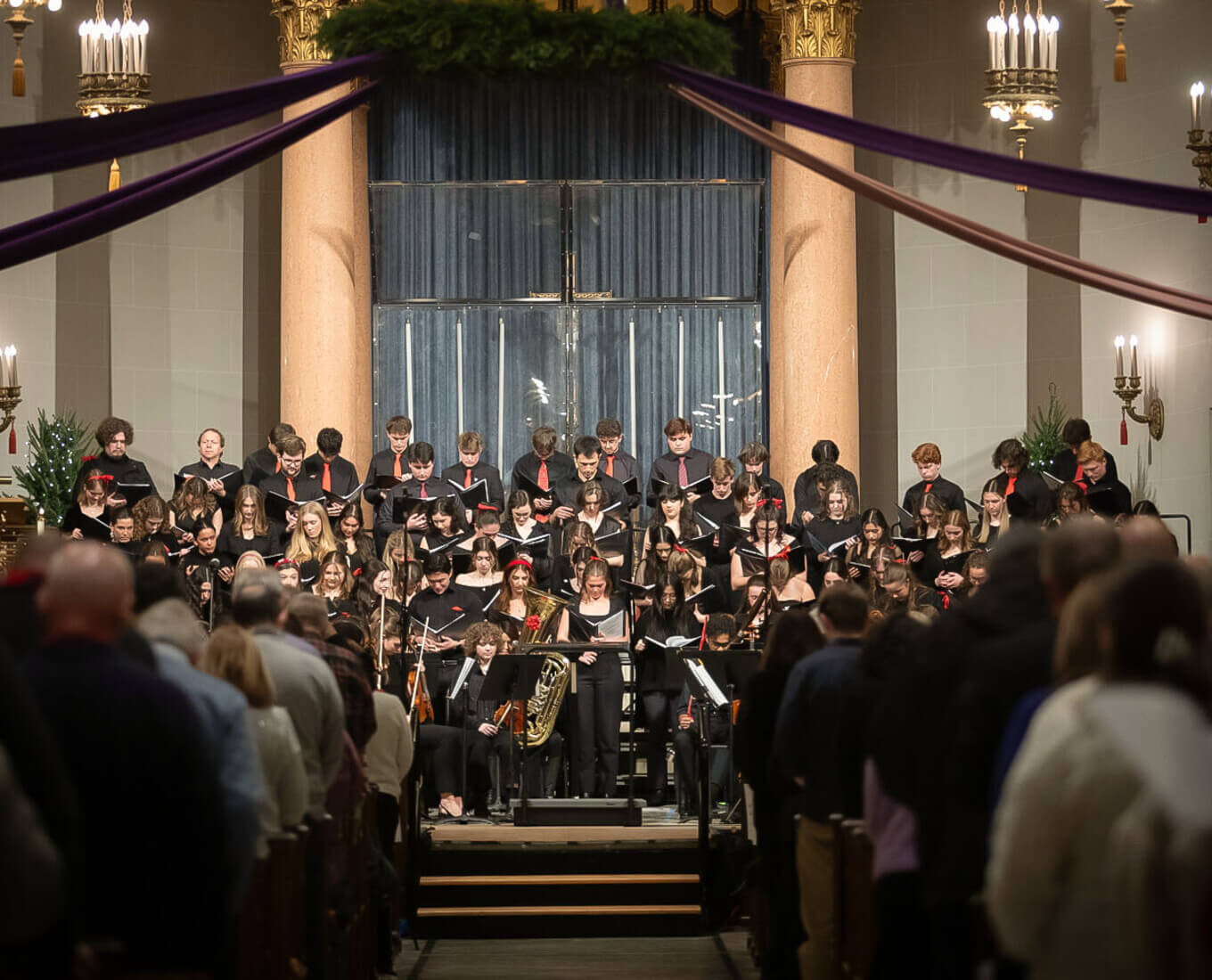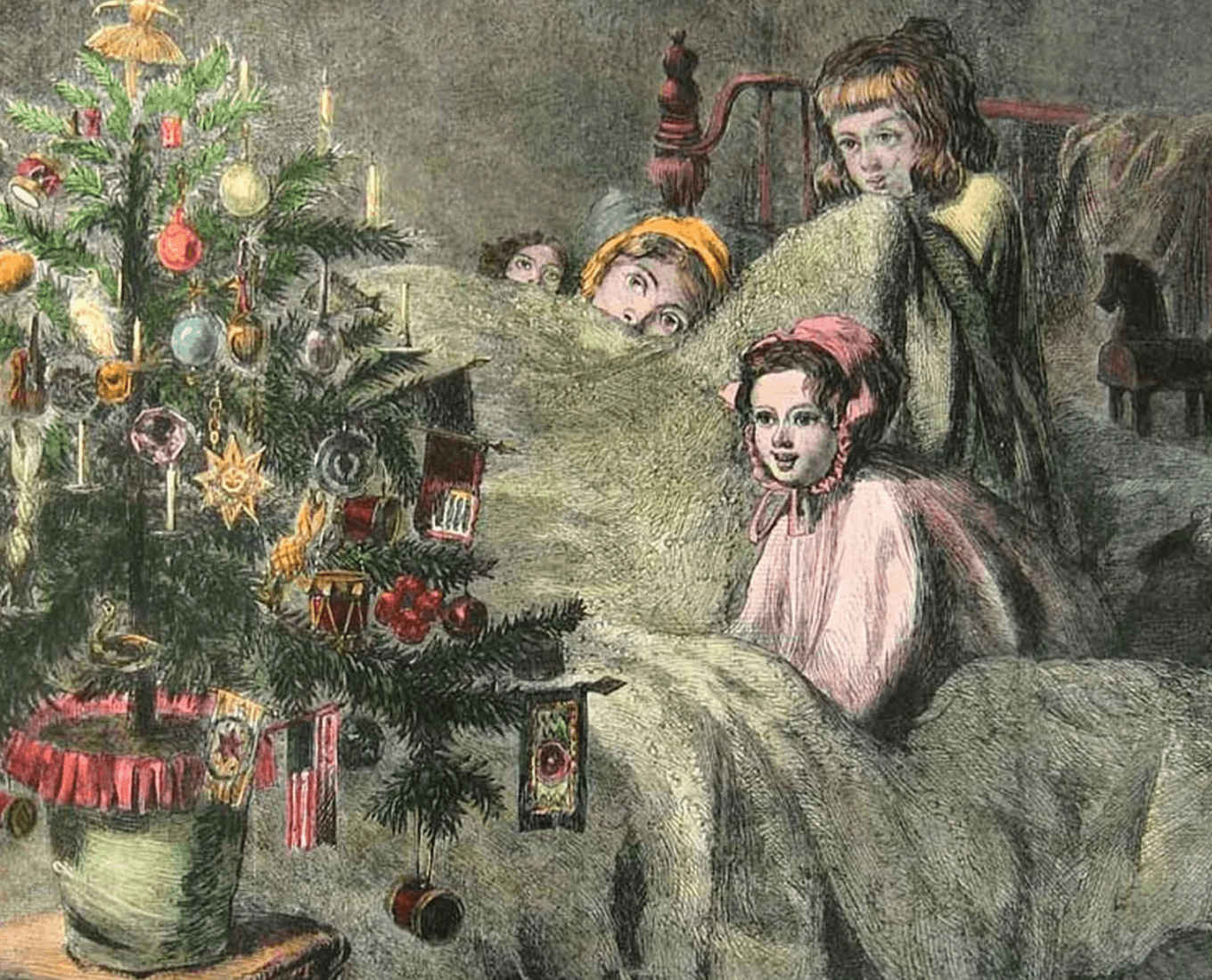WORCESTER, Mass. – Dr. Anthony Fauci ’62, director of the National Institute of Allergy and Infectious Diseases, is one of eight recipients of a 2005 National Medal of Science, the nation’s highest honor for scientific achievement. The announcement was recently made by President George W. Bush.
The National Medal of Science “honors individuals for pioneering scientific research in a range of fields, including physical, biological, mathematical, social, behavioral, and engineering sciences, that enhances our understanding of the world and leads to innovations and technologies that give the United States its global economic edge.”
As director of NIAID, Fauci oversees an extensive research portfolio of basic and applied research to prevent, diagnose, and treat infectious diseases such as HIV/AIDS and other sexually transmitted infections, influenza, tuberculosis, malaria and illness from potential agents of bioterrorism. NIAID also supports research on transplantation and immune-related illnesses, including autoimmune disorders, asthma and allergies.
Fauci serves as one of the key advisors to the White House and Department of Health and Human Services on global AIDS issues, and on initiatives to bolster medical and public health preparedness against emerging infectious disease threats such as pandemic influenza.
The National Science Foundation administers the award, which was established by the Congress in 1959. A committee of 12 scientists and engineers is appointed by the President to evaluate the nominees for the award.
In addition to many prestigious awards he has received for his scientific accomplishments, Fauci has been bestowed with 32 honorary doctorate degrees from universities in the United States and abroad.
Fauci graduated from the College of the Holy Cross in 1962 with a bachelor of arts degree in classics with a premedical concentration, and has credited Holy Cross with instilling in him a life-long commitment to social justice. Last year when U.S. News & World Report asked about one thing he did in college that still makes him proud he said: “Developed a deep social consciousness.”
In 2005, Fauci told Research & Development Magazine, which named him 2005 Scientist of the Year, “The Jesuits created an environment and a demand for excellence that ‘was profound.’ They also created an atmosphere and an environment to seek the truth, to obtain a command of the intellect in your specific area, and to seek public service.”
Related Information:
• Complete biography of Anthony Fauci
• Integrated Science Complex
Anthony Fauci ’62 Receives National Medal of Science
Director of the National Institute of Health has led fight against disease
Read Time
2 Minutes


